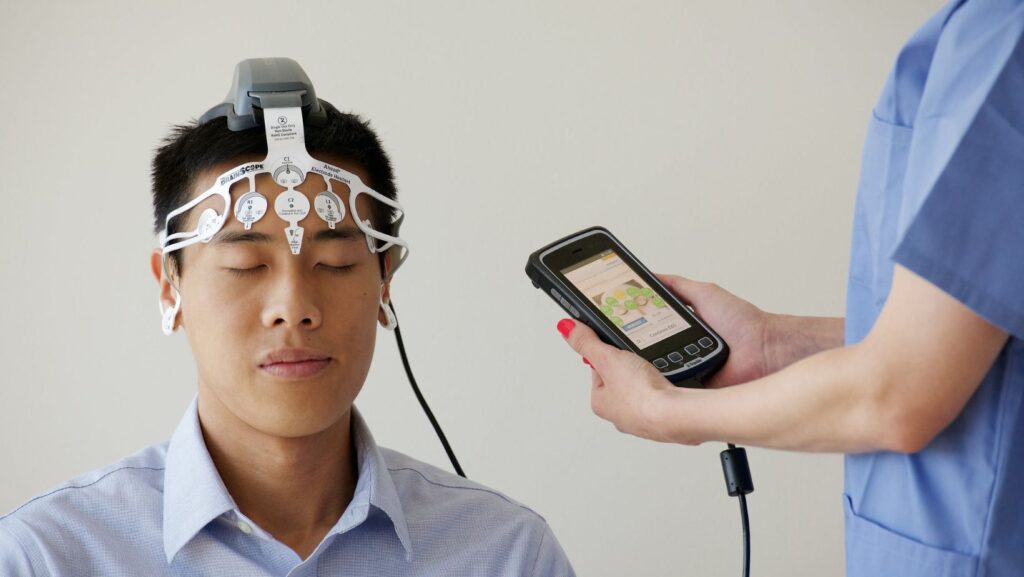Recovering from a brain injury is no small feat, and the road to healing often feels overwhelming. When faced with such a monumental challenge, you may wonder if there’s a simpler, more focused way to support your recovery. That’s where adopting a minimalist approach can truly make a difference.
The Power of a Simplified Environment
In the midst of recovery, your surroundings can either help or hinder your progress. A cluttered space can be a source of distraction, stress, and fatigue.

Simplifying your environment allows you to create a sense of calm and control, which can be incredibly beneficial when you’re working on rebuilding your mental and physical strength.
Start by prioritising essential items in your home. Whether it’s keeping only the necessary furniture or organising your kitchen for ease of use, every step towards simplicity reduces unnecessary cognitive load. This minimalist mindset ensures your energy is channelled into what truly matters: your recovery.
Focusing on Quality Over Quantity
Minimalism isn’t just about decluttering your space; it’s also about being intentional with your choices. This principle applies to the support network you surround yourself with.
Instead of trying to stay connected with everyone, focus on a smaller group of people who genuinely uplift and support you. Quality relationships can provide the emotional stability and encouragement you need as you navigate recovery.
Similarly, consider simplifying your therapy and rehabilitation efforts. Partnering with an organisation like Brainkind, which specialises in innovative rehabilitation and support for those recovering from brain injuries, can streamline your journey.
By focusing on tailored and effective solutions, you’ll avoid the overwhelm that often comes with juggling multiple, unrelated approaches.
Streamlining Daily Routines
After a brain injury, even basic routines can feel exhausting. Simplifying your daily tasks by establishing consistent patterns and manageable goals can help reduce decision fatigue.
For example, preparing meals in advance or sticking to a fixed schedule for rest and therapy can make your days more predictable and less draining.
Remember, the goal isn’t to push yourself to accomplish more but to create a sustainable rhythm that supports your healing journey. Taking things one step at a time—without overcomplicating—is key.
Nourishing Your Mind and Body
Simplicity in recovery extends to your diet and mental well-being. A balanced, nutrient-rich diet doesn’t need to be complex. Stick to whole, unprocessed foods that are easy to prepare and rich in the nutrients your brain needs to heal.

Likewise, prioritising rest and mindfulness practices like meditation can help you regain clarity and calm without adding stress to your routine.
When it comes to staying active, choose exercises that suit your abilities and energy levels. Gentle yoga or short walks can be just as effective as more intense workouts when you’re in recovery. The key is to listen to your body and adjust your activities accordingly.
A Life Rebuilt
Through the lens of minimalism, recovery becomes less about regaining what was lost and more about discovering a new way to live.
This approach doesn’t just aid in physical and mental healing; it transforms how you approach life’s challenges. The clarity and focus gained through simplicity pave the way for a brighter, more balanced future.
